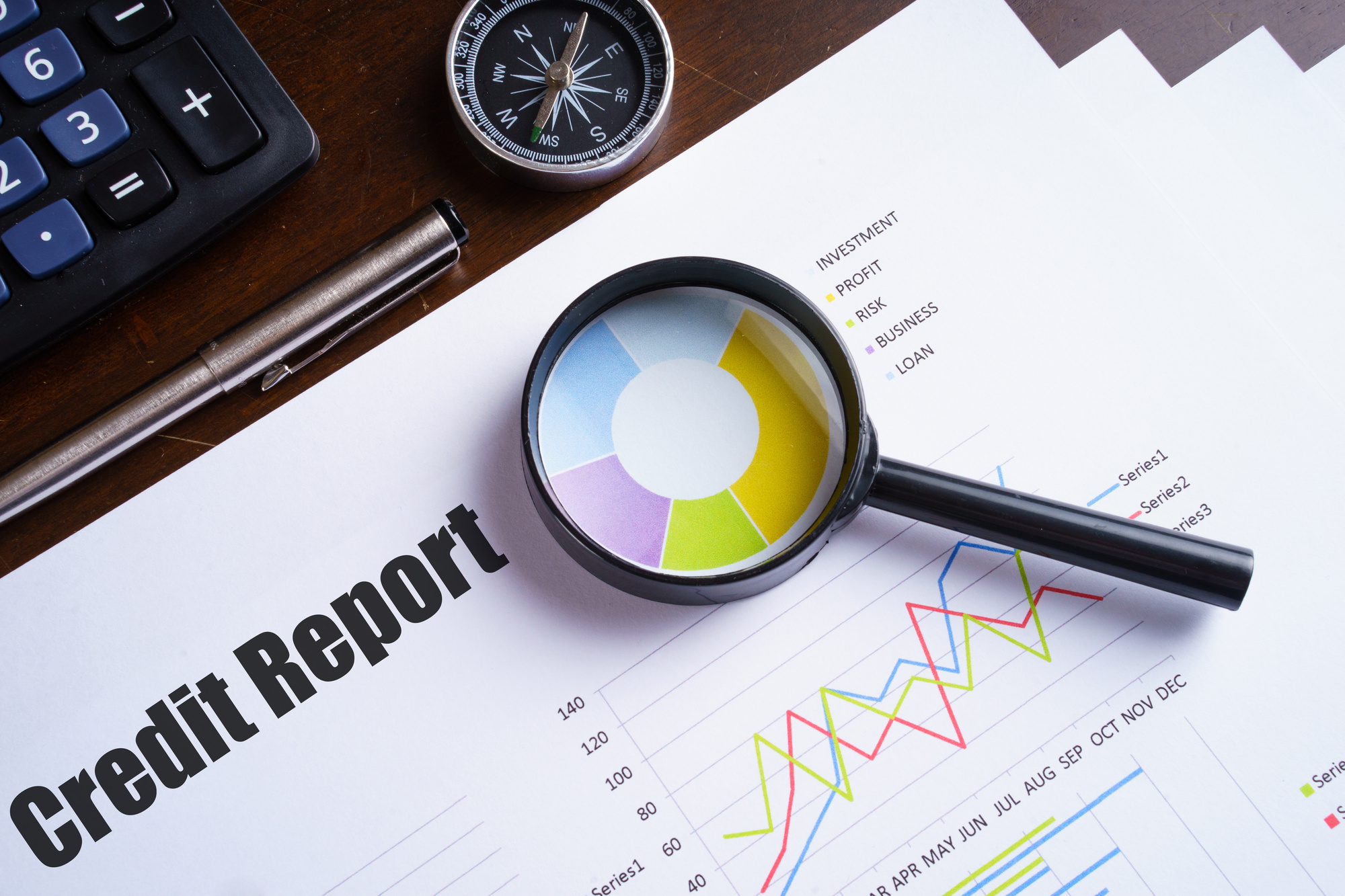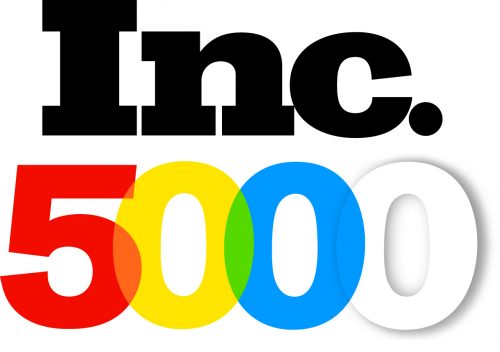You’re so much more than a number.
Yet, when your credit score is lower than it needs to be, it can feel like those digits define you.
This is especially the case if you’re applying for a debt consolidation loan. While the long-term goal of this plan is to lower your debts and improve your credit, what kind of short-term setbacks could you experience?
Does debt consolidation affect your credit score at all?
We understand these urgent questions, and we’re here to answer them. Today, we’re exploring the relationship between consolidating your debts and optimizing your credit, so read on to learn more!
The Immediate Impact on Your Credit
First, let’s set one misconception straight. When you complete an application on our website or apply for pre-qualification from an online lender, what’s completed is called a soft credit check.
Soft credit inquiries often occur without your knowledge, such as during a routine employee background check. They do not become part of your permanent credit report. In fact, they do not hurt your credit score or impact it at all.
However, when you take steps to enter into a firm lending agreement and actually consolidate your debts, a hard credit pull will occur. This inquiry requires your consent and immediately becomes part of your credit history.
As such, your credit score will temporarily dip.
Yet, don’t let this short-lived decline persuade you against pursuing a debt consolidation loan. As you work to make consistent payments on your new plan, you’ll improve your credit standing and raise your score back up to where it once was, and even beyond.
Understanding Your Debt-to-Credit Ratio
As mentioned, a debt consolidation program has the ability to improve your credit standing. Yet, that’s only the case if you handle it correctly.
Consolidating a ton of debt onto one loan can negatively affect your debt-to-credit ratio, which is also known as your credit utilization. If you can keep this ratio in the 10% to 30% range, you can slowly improve your credit score.
However, if it soars above 30%, the opposite holds true. Using more than 30% of your available credit at any given time can adversely affect your credit score. The key is to make consistent payments on your debt consolidation loan without accruing any new debt.
If you’re able to stick to the plan and payments, the dip in your score should only be temporary.
Improving Your Score on Your Plan
How can you help your credit score return to its original place and then surpass it?
The key is to make consistent, on-time payments. A debt consolidation program will work as its name implies: It combines all of your disparate debts into one, single monthly payment that’s easier to track and pay.
If you keep up with your pre-determined payment schedule, you’ll demonstrate your creditworthiness to both your lender and your various creditors. Over time, they can report your progress and improve your credit score.
How does this work? Your payment history makes up 35% of your overall credit score. The remaining percentages are divided as follows:
- Amounts owed: 30%
- Credit history length: 15%
- Types of credit utilized: 10%
- New credit pursued: 10%
As your payment history record improves, you can’t help but increase your credit score along the way. This is especially the case if you also manage to lower your amounts owed and lower or eliminate any new credit pursued.
On the other hand, if you continue to miss payments or choose to make sporadic ones, you’ll work against your credit score, lowering it even more.
Other Factors That Affect Your Score
As you work to improve your financial standing via a debt consolidation program, keep in mind that there are myriad factors that affect your credit rating.
Beyond your actual credit score, other elements that factor into it include:
- Your income
- Your job stability
- Your access to dormant credit lines
Understand that consolidating your debt will eliminate certain credit lines from your mix, which can lower your rating for a short while. However, as long as you have a stable job and consistent income, the overall impact will be small and short.
These two factors will also enable you to pay down your debts quicker, so securing steady employment should be a top goal if you aren’t already there.
The Importance of Communication
Overall, a debt consolidation program can help you make major strides toward reclaiming your financial freedom and lowering or eliminating your overall debt.
If you have any questions about how the process could affect your credit score, it’s best to speak directly with your lender. Remember: Even if you may your payments to the lender on time, the impetus is on them to pay your creditors by the deadline.
You need to understand the payment terms and schedule before partnering with any lender. You should feel confident in their ability to handle your money appropriately keep up with consistent creditor payments so you can improve your credit score over time.
This is especially the case if you’re working with a credit counseling organization rather than a direct lender. Your counselor could encourage you to close your revolving credit accounts to avoid overspending on your repayment plan. Doing so can impact your credit utilization ratio and your overall credit standing, so make sure you fully understand such requirements before agreeing to them.
Does Debt Consolidation Affect Your Credit Score? Not Forever
When you’re in the process of applying for debt consolidation, it seems like every number counts.
Does debt consolidation affect your credit score? Yes but not for long.
While it’s easy to get hung up on the specific number, it’s important to adopt a long-term perspective and keep the bigger picture in mind.
Although debt consolidation can lower your score for a short while, the decline doesn’t have to be permanent. Sticking to a consistent payment schedule, securing stable employment, and keeping your debt-to-credit ratio in check can all help you improve it over time.
Are you ready to learn more about the different debt consolidation programs available? We’re here to help!
Our online form matches you to appropriate lenders qualified to meet your needs. In a few clicks, you’ll have access to the people and programs that could turn your debt around and help you take better control of your credit.
Fill it out today and let’s connect!




